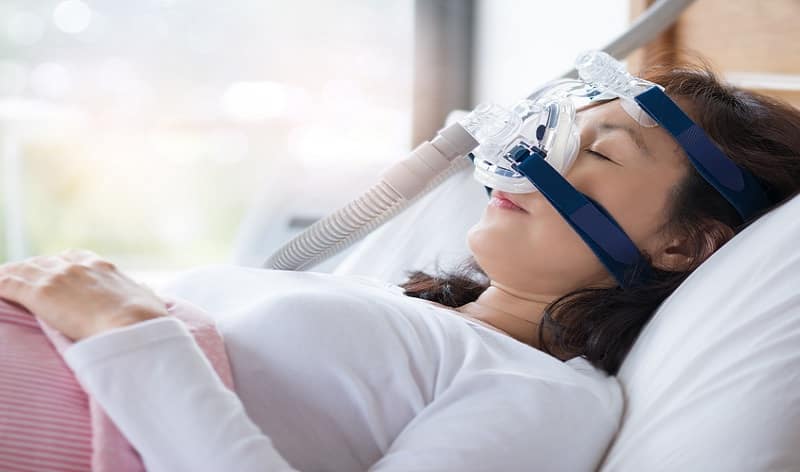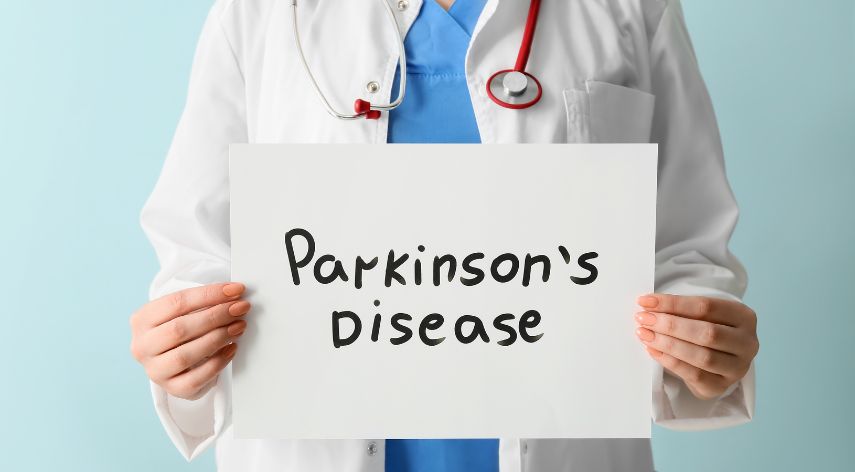Continuous Positive Airway Pressure (CPAP): Definition and Uses

When you are having sleep problems, they can impact every area of your life. Your sleep problems can reach the point of impacting your physical and mental health.
There are many treatments available that may help your sleep problems. You might want to try a continuous positive airway pressure (CPAP) machine, called a sleep machine, or you want to try surgery.
Many people are not aware of CPAP definition. This type of sleep machine is an option for people with sleep apnea.
Here is what you need to know about it.
Table of Contents
ToggleCPAP Definition
CPAP stands for Continuous Positive Airway Pressure or you can linked here for more info. It’s a treatment for obstructive sleep apnea and other sleep-related breathing disorders. The goal of CPAP is to keep a person’s airways open while they sleep so they may breathe more.
Pressurized air will deliver into the person’s airways through a mask. It is a safe and effective form of ventilation that does not need invasive procedures. Other types of ventilation, such as Bilevel Positive Airway Pressure (BiPAP) and Auto-CPAP, can also be provided by CPAP machines.
These machines are usually prescribed by a physician. Yet, it needs regular follow-up visits to ensure proper operation and to change settings as needed. CPAP is an important tool in the treatment of sleep apnea and is an effective way to ensure a good night’s rest.
Uses and Benefits
Continuous Positive Airway Pressure is a therapy for those suffering from obstructive sleep apnea. It provides a steady stream of pressurized air. This is breathing in through a mask that has been placed over the nose or mouth.
The compressed air keeps the airway open as you sleep by preventing it from narrowing. CPAP machines also have a humidifier that adds moisture to the air, which helps keep the airway more open. Its increase in oxygen flow is one of the health benefits of using a CPAP machine.
Studies have linked CPAP to the prevention of snoring and improved sleep quality. Also, it helps cut daytime fatigue and sleepiness and lowers the risk of stroke and heart disease. CPAP is safe, non-invasive, and inexpensive, making it an ideal therapy for those suffering from obstructive sleep apnea.
Patients unable to sleep because of apnea and its associated symptoms may find relief from their symptoms by using CPAP with the right care and regular use. This means that one of the best treatments for this illness is CPAP.
Know the Definition and Uses of Continuous Positive Airway Pressure
Continuous Positive Airway Pressure definition is an invaluable tool in improving the quality of life of those suffering from sleep apnea. The correct use of settings and regular use of CPAP can reduce the symptoms of this disorder.
With the help of a trained specialist, patients can benefit from the prevention of snoring and improved sleep quality. Also, it can cut daytime fatigue or sleepiness and lowers the risk of stroke and heart disease. Start your journey to better sleep today!
For more information, check out the health and wellness section of our blog.
Pankaj Majumder, a seasoned Civil Engineer, combines technical expertise with a passion for innovative infrastructure solutions. With a strong academic background and diverse project experience, he excels in creating sustainable and resilient structures that shape the future of urban development.
Recommended For You
Spread the loveAre you striving to lose weight without sacrificing your health? With weight loss advice seemingly coming from every
Spread the loveSeniors with Parkinson’s disease (PD) can lead satisfying lives, even though there is currently no cure for the
Spread the loveHave you ever stumbled upon an IP address that seems to be shrouded in mystery? One such enigmatic





